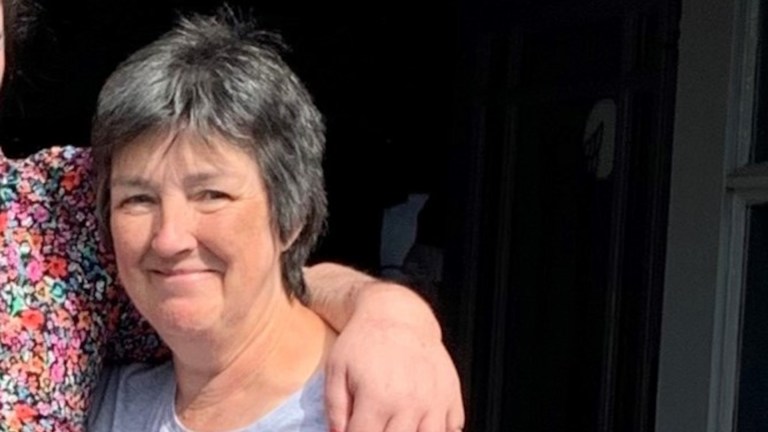Fuel poverty experts have welcomed Westminster’s new strategy to help people on low incomes heat their homes, but warn that people will still struggle to stay warm without a stronger benefit system and help getting out of problem debt.
The proposals will extend the £140 Warm Home Discount to an extra 750,000 households, including working-age households earning less than £16,190. This would mean a total 2.7 million people paying £140 less on their fuel bills every winter.
“This is overdue, but it’s still very welcome,” said Adam Scorer, chief executive of National Energy Action. The discount currently goes to pensioners on low incomes automatically while younger people who qualify must apply and receive the limited discount on a first-come, first-served basis.
Ministers also committed to improving the energy efficiency of “as many fuel poor homes as is reasonably practicable” by 2030, a measure which will lower fuel bills for households and reduce greenhouse emissions across the country.
The Government wants to upgrade these homes to band C. This means installing insulation in walls and lofts, central heating systems for those who don’t already have one, and new heat sources including planet-friendly heat pumps.
Lockdowns have taken income away from hundreds of Big Issue sellers. Support The Big Issue and our vendors by signing up for a subscription.









